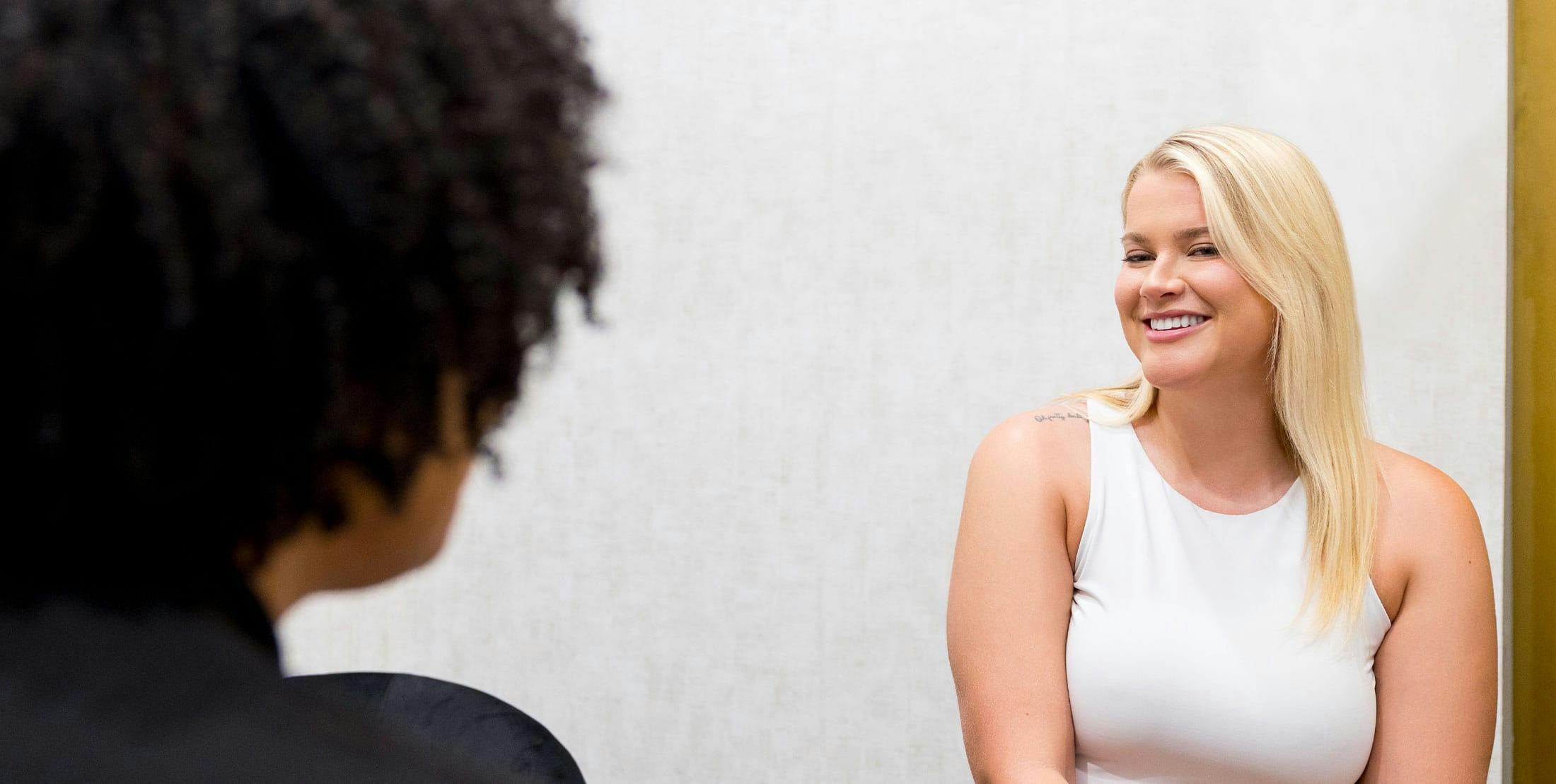Look, Feel & Be Your Best
Start your wellness journey
Book Now
If you’ve noticed more hair in your brush or shower drain lately, you might wonder if it’s just age, stress, or if your hormones are to blame. Hormonal imbalances are one of the most overlooked causes of hair thinning and loss in both men and women. The good news? Addressing your hormonal health may be a key part of restoring your hair’s vitality.
At Serotonin Centers, we take a holistic approach to aging and wellness, and that includes helping you understand how bioidentical hormone replacement therapy (BHRT) can potentially support healthier hair growth. In this article, you’ll learn exactly how your hormones affect your hair and how BHRT might help you reclaim dense, luscious hair.
Hormones are chemical messengers that regulate many aspects of your health, including your hair. When hormone levels become imbalanced, the natural hair growth cycle can be disrupted, leading to thinning, shedding, or slower regrowth. Let’s take a closer look at which hormones are involved and how they influence your hair.
Testosterone is commonly associated with men, but it affects hair health in males and females. The real concern for hair loss is its byproduct: dihydrotestosterone (DHT). This hormone binds to receptors in the scalp and shrinks hair follicles over time, leading to thinning hair and, in some cases, permanent loss in a pattern known as androgenic alopecia. High DHT levels are a major contributor to hair loss, especially in men and women with hormonal imbalances.
Estrogen is primarily a female hormone that helps keep hair in the anagen (growth) phase longer. When estrogen levels drop, such as during menopause or after childbirth, hair can become thin, brittle, and more likely to shed. A sudden or gradual decline in estrogen often triggers hair changes that many women experience during midlife.
Your thyroid produces hormones that regulate metabolism, energy, and even the health of your skin and hair quality. Both hypothyroidism (underactive thyroid) and hyperthyroidism (overactive thyroid) can cause hair to fall out or become weak and dry. If your thyroid is out of balance, your hair will likely show signs before other symptoms appear.
Cortisol, the stress hormone, can wreak havoc on your body, including your scalp. High cortisol levels can disrupt the hair growth cycle and may trigger telogen effluvium, a condition in which hair follicles prematurely enter the shedding phase. Chronic stress not only accelerates hair loss but also hinders the growth of new hair.
Bioidentical hormone replacement therapy (BHRT) is a personalized, integrative treatment that helps restore hormonal balance using hormones that are chemically identical to those your body naturally produces. At Serotonin Centers, we use advanced diagnostics to evaluate your hormonal profile and determine the most effective protocol tailored to your needs.
For clients experiencing hair loss tied to hormonal imbalance, BHRT targets the root cause, not just the symptoms. By stabilizing key hormones such as estrogen and testosterone, BHRT helps reactivate the hair growth cycle, nourish follicles, and reduce hair shedding. Bioidentical hormones integrate more smoothly than synthetic ones, ensuring optimal efficacy.
In many cases, BHRT is delivered through pellet therapy, which involves inserting small, rice-sized pellets under the skin that gradually release hormones over time. This ensures consistent levels and avoids the roller-coaster effect of oral or topical hormone treatments.

Once your hormones are in balance, the benefits extend far beyond just improved mood or energy. Your hair can begin to thrive. Here’s how BHRT supports hair restoration:
Hormonal imbalances are a silent contributor to hair loss, but they don’t have to be permanent. By identifying and correcting these imbalances, bioidentical hormone replacement therapy can help stop hair loss, stimulate new growth, and improve overall hair quality.
At Serotonin Centers, we offer a comprehensive wellness approach that targets the root causes of your symptoms because we believe true beauty starts from within. If you're experiencing hair thinning or loss and suspect hormones could be the cause, it may be time to explore whether BHRT is right for you. Schedule a consultation and let us help you reclaim luscious hair.
